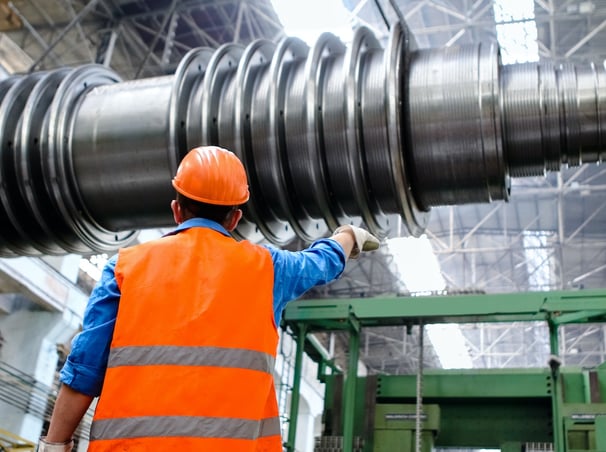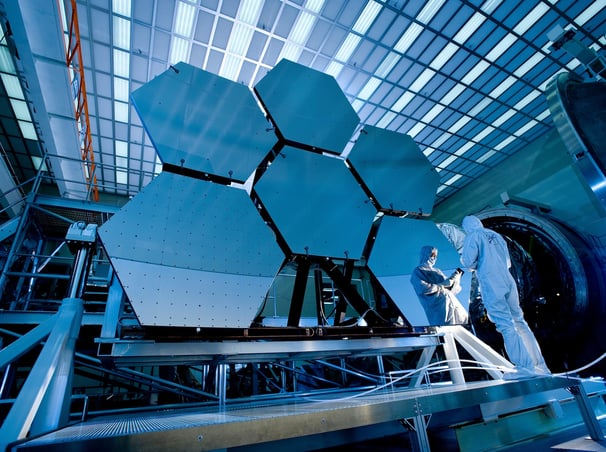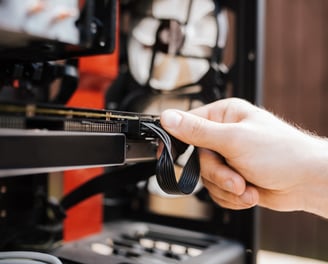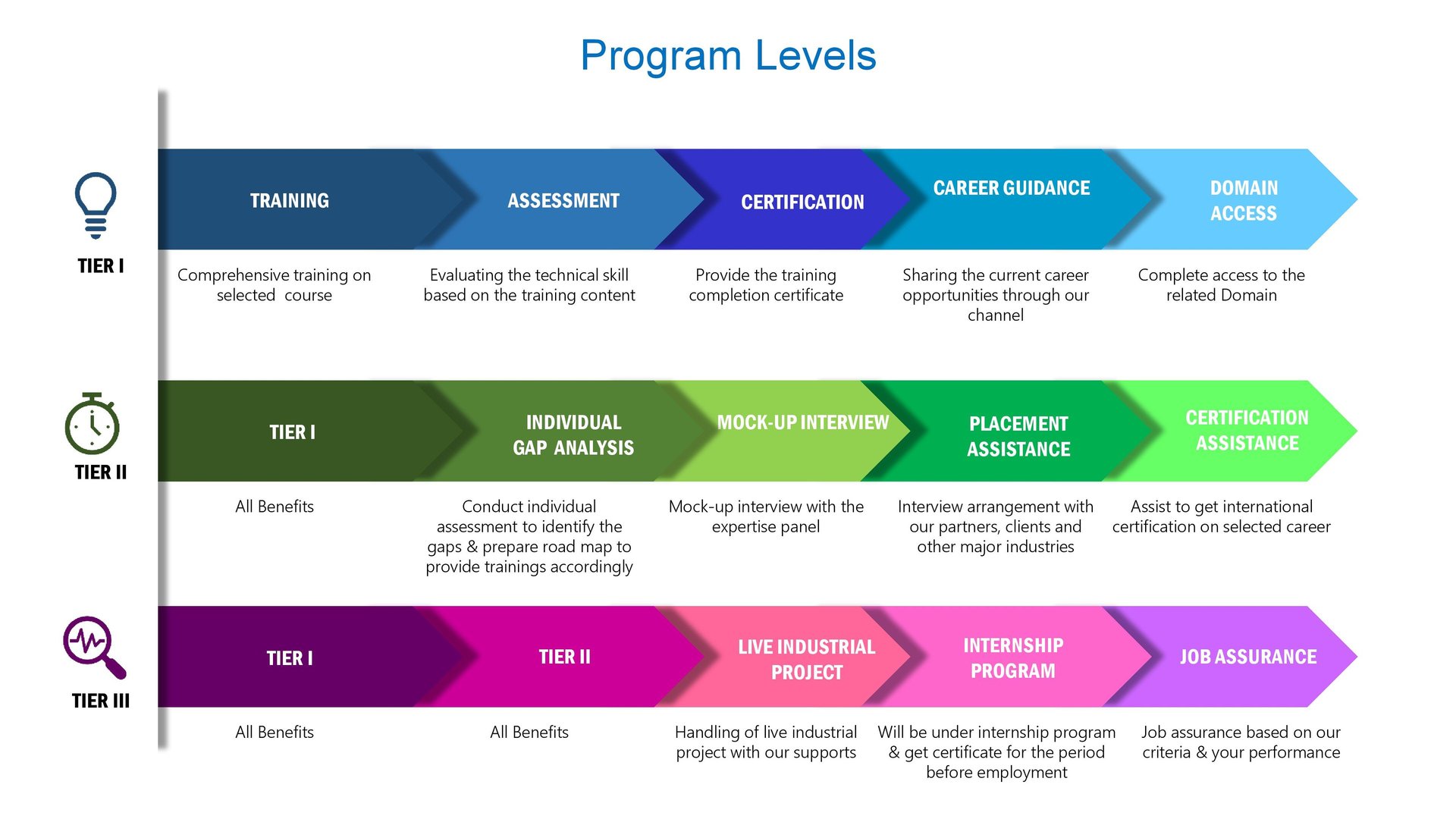
Courses Catalog
Maintenance Engineering
Maintenance engineering is a crucial aspect of ensuring the smooth operation and longevity of various systems and equipment. It involves the planning, implementation, and supervision of maintenance activities to prevent breakdowns and optimize performance. The main goal of maintenance engineering is to minimize downtime and maximize productivity by conducting regular inspections, performing preventive maintenance, and troubleshooting any issues that arise. This field requires expertise in various disciplines, such as mechanical, electrical, and industrial engineering, as well as a deep understanding of the equipment and systems being maintained. Maintenance engineers are responsible for designing maintenance schedules, coordinating with technicians and operators, and continuously improving maintenance processes. Their role is essential in industries like manufacturing, energy, and transportation, where equipment reliability is crucial for efficient operations.


Construction Engineering
Plant construction is the process of building and setting up a manufacturing facility or industrial plant. It involves the installation of various systems, equipment, and structures that are necessary for the production of goods or the provision of services. The construction includes activities such as site preparation, foundation laying, erection of buildings, installation of machinery, and electrical and plumbing systems. It requires careful planning, coordination, and expertise in engineering, architecture, and project management. Plant construction projects vary in size and complexity, ranging from small-scale facilities to large industrial complexes. The goal of plant construction is to create a safe and efficient environment that enables the smooth operation and productivity of the plant. It plays a crucial role in the growth and development of industries as it provides the infrastructure necessary for their expansion and success.


Reliability Engineering
Plant reliability is crucial for the smooth functioning and success of any industrial operation. It refers to the ability of a plant or facility to consistently perform its intended functions without any breakdowns or failures. Achieving high plant reliability requires diligent maintenance practices, regular inspections, and the use of robust equipment and systems. When a plant is reliable, it minimizes unplanned downtime, reduces production losses, and ensures that operations run smoothly. This, in turn, improves overall productivity, customer satisfaction, and profitability. Implementing effective maintenance strategies, investing in quality equipment, and continuously monitoring performance are key factors in achieving and maintaining plant reliability. By prioritizing reliability, companies can optimize their operations and maximize their competitive edge in the market.


Other Engineering
Engineering is a field of study and practice that involves the application of scientific and mathematical principles to design, develop, and build structures, machines, systems, and processes. It encompasses various disciplines such as civil, mechanical, electrical, and chemical engineering, among others. Engineers utilize their skills and knowledge to solve complex problems and create innovative solutions that improve the way we live and work. They play a crucial role in the advancement of technology and the development of society as a whole. From designing efficient transportation systems to constructing environmentally friendly buildings, engineers are at the forefront of shaping the world we live in. Through their dedication and expertise, they continuously push the boundaries of what is possible and contribute to the betterment of humanity.






